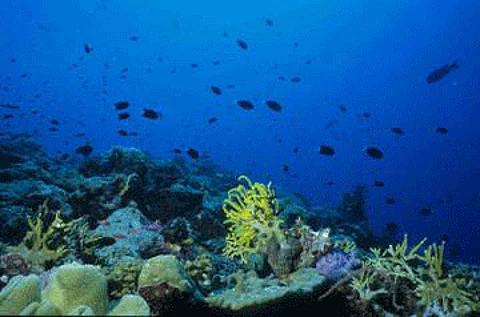

New research has identified human sewage as the source of the coral-killing pathogen that causes white pox disease of Caribbean elkhorn coral.
Once the most common coral in the Caribbean, elkhorn coral was listed for protection under the US Endangered Species Act in 2006, largely due to white pox disease. The findings from a research team from Rollins College in Florida and the University of Georgia have just been published in the peer-reviewed open access journal PLoS ONE.
Kathryn P Sutherland, associate professor of biology at Rollins College, and her research collaborators, Associate Professor of Environmental Health Science Erin K. Lipp and Professor of Ecology James W Porter of the University of Georgia, have known since 2002 that the bacterium that killed coral was the same species as found in humans.
"When we identified Serratia marcescens as the cause of white pox, we could only speculate that human waste was the source of the pathogen because the bacterium is also found in the waste of other animals," Sutherland said.
To determine a source for the pathogen, the research team collected and analysed human samples from the wastewater treatment facility in Key West and samples from several other animals, such as deer and seagulls. While Serratia marcescens was found in these other animals, genetic analyses showed that only the strain from human sewage matched the strain found in white pox diseased corals on the reef. The final piece of the investigative puzzle was to show that this unique strain was pathogenic to corals.
Sutherland, Lipp and Porter conducted challenge experiments by inoculating fragments of coral with the strain found in both humans and corals to see if it would cause disease. The experiments were carried out in a laboratory in closed seawater tanks to eliminate any risk of infection to wild populations of corals.
"The strain caused disease in elkhorn coral in five days, so we now have definitive evidence that humans are a source of the pathogen that causes this devastating disease of corals," Sutherland said.
"These bacteria do not come from the ocean, they come from us," said Porter. "But the good news is that we can solve this problem with advanced wastewater treatment facilities. This problem is not like hurricanes, which we can't control. We can do something about this one."
